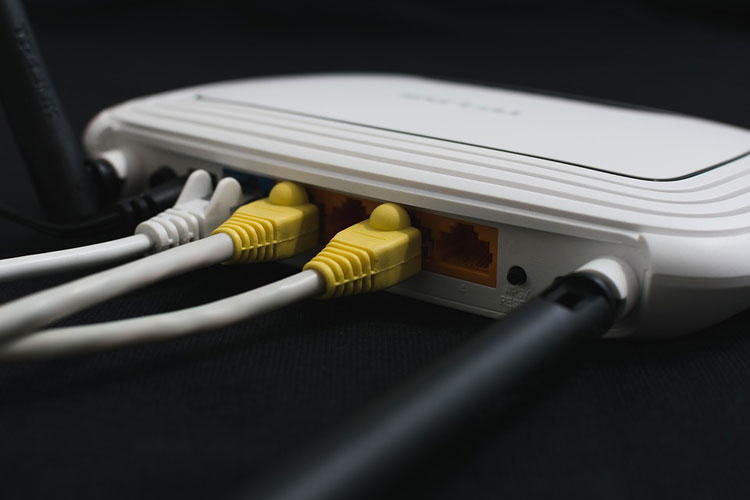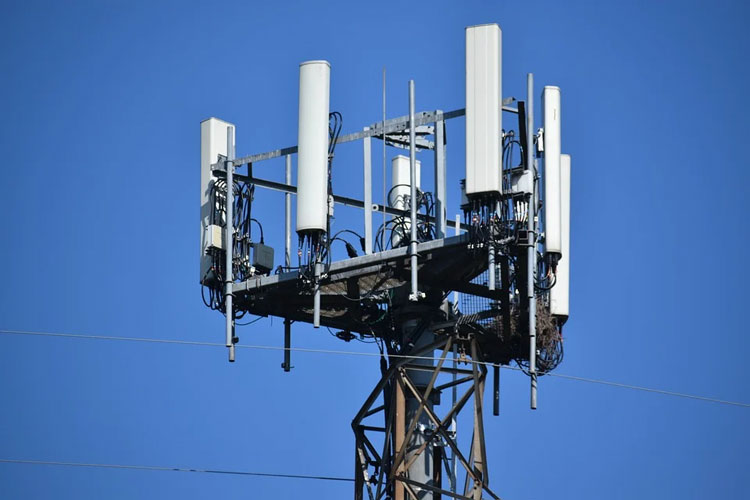![]()
A recent report by the National Infrastructure Commission Wales (NICW) has suggested that the solution to slower broadband speeds in Wales could be addressed, at least temporarily, by a 5G solution. While the NICW has suggested this solution as only a stopgap measure, the implications could be significant, allowing rollout to customers potentially years before a local arrival of direct fibre connections.
As of mid-2021, the towns and cities of Wales have already received significant ultra-fast coverage as part of the UK’s National Infrastructure Strategy. Aiming to cover 85% of the UK by 2025, the areas missed will tend towards rural locations, places that you can stay in such as the Welsh countryside. 5G, it is thought, could address this issue while more fibre is laid. With growing home viability, the introduction of 5G might prove a significant step in the right direction, at least for some users and uses.
5G as Home Internet
Though it’s a non-traditional method of application, there are major advantages that could come from 5G implemented as a primary home internet provider. The major deciding factors here are cost and speed, where 5G could cross the gap into ultra-fast territory in areas without fibre coverage.
For reference, an ultra-fast fibre connection in the UK costs around £30 per month, according to broadband price comparison websites. Running against this are 5G connections, many of which are available for the same cost or even cheaper than their cabled counterparts.
These factors could prove important where a home has access to 5G coverage, but not fibre availability. Essentially, a 5G sim card in modern routers could act as a viable replacement for traditional cabled internet in many cases, though it should be noted that this path is not without potential downsides.
The major concerns with replacing cabled internet plans with 5G stem from 5G’s uncertainty in specific situations. Since 5G relies on wireless transmission, it will never be quite as reliable as direct internet connections, which could be exacerbated in poor weather conditions. Even if a person lives directly next to a 5G tower, whether or not the system will be useful depends on the use case.

Exploring Use Cases
While 5G could be a step up in terms of an increase in speed and a reduction in cost over a user’s existing internet plans, it might also prove useless or self-defeating in some instances. Somebody who relies on the internet all day would have very different demands than those who use it to track local events, for example. If you’re thinking about making the jump, then consider the following illustrations to see where in the equation your usage would land.
Ultra-HD Streaming
The most common reason given by the average user as a need for an ultra-fast upgrade comes from consumers of ultra-HD content, especially in households with multiple simultaneous users. In these instances, DSL solutions will often fall short, making a 5G upgrade a worthwhile choice. Though there will be slightly added latency over fibre connections from the use of Wi-Fi signals, delays shouldn’t be enough to detract from video services like Amazon TV or YouTube.
General Browsing and Interactive Entertainment
In terms of general internet uses, such as what is involved with online casinos, 5G would easily meet requirements, but also could demonstrate overkill. Websites like these involve browsing, basic information management, and playing games like blackjack, roulette, and live titles. Yet, just like browsing fewer interactive sites, online casinos require very little bandwidth. Some live casino sites offer 4K immersive experience, but they would still work fine on 4G. If you’re somebody who uses the internet like this, both fibre and 5G would be functionally useless, at least for now.
Fast-Paced Video Games
High-bandwidth and low-latency connections can make or break online competitive video games, but this is again an area where 5G might fall short. In simple terms, the unreliability of wireless signals works fine for passive or slower-paced media, but when demands rise wireless can be problematic. This is because signal interruptions from a 5G tower can cause drops that wouldn’t be noticed in general use, but would be major issues in online gameplay.

While there are instances where 5G replacements for the internet could be viable for many larger households, it might not prove as necessary for individuals and less-demanding applications like browsing our news section. That said, as 5G continues to roll out in Wales, it might be worth taking a closer look at your situation to determine if a switch could be advantageous. At the very least, 5G could act as a temporary ultra-fast solution until fibre arrives.


